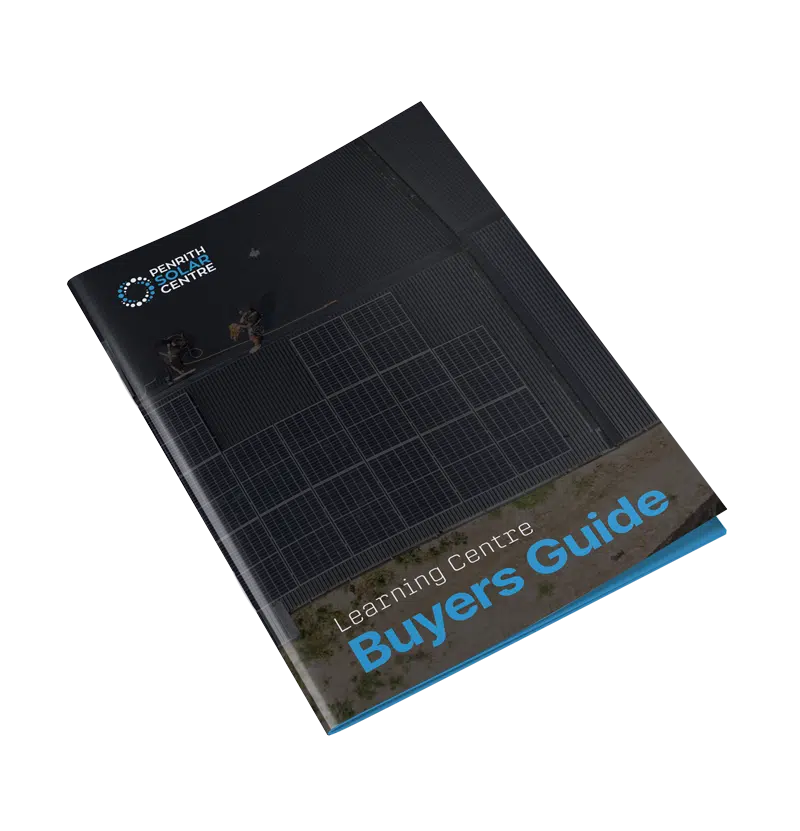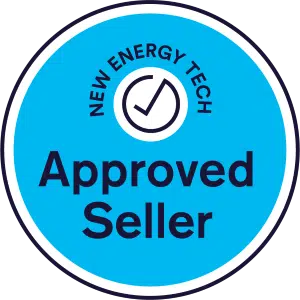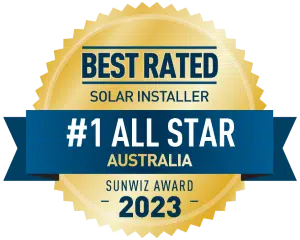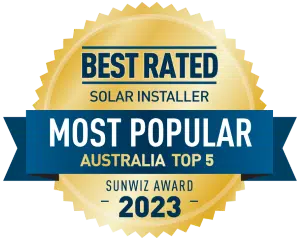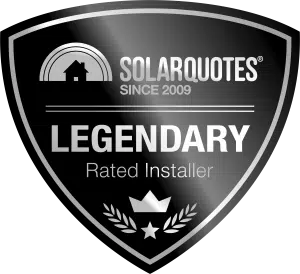Your solar installation date is approaching. Soon we’ll be showing up at your home and installing your solar system. Your solar consultant is reviewing the last few line items with you. What is a Home Warranty Insurance Certificate?
At Penrith Solar Centre, we are experts trained to guide you through every stage of your solar journey. We nurture you from the moment you request a free quote to fulfil your warranties years down the line. Some smaller, less glamorous line items are just as important as the big components.
Today we’ll explain Home Warranty Insurance Certificates and why you’ll want to make sure your solar installer has gone through the vetting process to purchase them.
In this article, you will learn:
- What is a Home Warranty Insurance Certificate?
- How Does a Company Achieve a Home Warranty Insurance Certificate?
- How Does It Apply to Solar Installations?
- What Could Happen Without It?
By the end of this article, you’ll be thinking twice about working with a solar installation company that doesn’t offer this product.
What is a Home Warranty Insurance Certificate?
A Home Warranty Insurance Certificate, which is also known as the Home Building Compensation (HBC) Cover, is an important consumer protection for homeowners getting renovations done in New South Wales.
The insurance is needed for any residential home build or renovation project costing over $20,000 (including STCs and GST). It’s legally required for builders (or in our case, solar installers) to protect customers from unethical tradespeople who won’t or can’t fulfil their contracts.
At Penrith Solar Centre, we would never dream of abandoning one of our projects.
The Home Warranty Insurance Certificate is a line item in the quotes we send out for solar systems priced above $20,000. It’s an important consumer protection that few solar installation companies bother with because of the required red tape. We’ll get to that shortly.
We’re happy to jump through those hoops for our customers, but there aren’t many other solar sales and installation companies that offer it. Mostly because the quality of products, like string inverter solar systems, rarely reaches the $20,000 price tag minimum requirement.
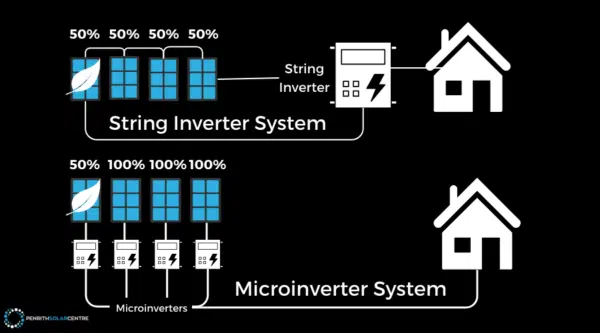
We install a premiere product; microinverter solar systems. We deal with Home Warranty Insurance Certificates every day. In fact, we have one person on staff as part of our Operations Team whose primary role is to manage Home Warranty Insurance Certificates. His name is Josh. He’s lovely and he works really hard.
If you’re dealing with a solar installer who doesn’t offer this line item, what protections are they offering you if they cause damage to your property?
If you’re interested in learning a bit more about the differences between working with an in-house installer compared to working with a subcontractor, you might want to check out the following article titled, In-house Installers vs. Subcontractors: Which is Better?
How Does a Company Achieve a Home Warranty Insurance Certificate?
It felt like we really achieved something once we completed this arduous process.
Here’s what we did:
Application Process:
Our application was complex and required detailed information.
There are fees associated with the application, ranging from hundreds to thousands of dollars.
The process can take several weeks to complete. Companies will fail if they submit incomplete applications or don’t meet the criteria.
If you had any fair-trading complaints (which we don’t) they would need to be justified and explained to be approved.
Leadership Profile:
The company is evaluated, and that includes the leadership.
Directors, Founders, Owners, or CEOs (or whatever title the leader prefers) cannot have excessive debt. Previous business failures are also an immediate disqualification. And if their criminal background check reveals anything, that too is an instant “no.”
Licensing and Registration:
We needed to have the proper licenses and be registered. This involves submitting many different application forms and paying many different fees for those applications. The process was complex and time-consuming.
Costs for all that licensing and registration varied, they varied from hundreds to thousands of dollars. The timeline depended on the licensing body, and it usually takes a few weeks to a few months.
Companies may fail this if they don’t meet the specific requirements or if they fail to submit complete paperwork.
Good Financial Standing:
We needed to show that we were a company with good financial health. This meant we had to show that we had a stable income, low debt, and positive cash flow.
Companies often provide financial statements and credit reports as proof. The cost for financial reviews can vary. It can take a few days to gather and submit the needed documents.
Companies with poor credit scores or high debt may fail this.
Proof of Experience and Good Track Record:
We needed to prove our experience in the solar industry. We submitted records of past projects and customer references. We demonstrated that we have successfully completed similar work before.
Collecting this proof is usually straightforward. A good track record means consistent, high-quality work without major issues or complaints. Companies with unresolved complaints or poor project outcomes may fail this vetting.
Failure Rate:
Many companies do fail the vetting process. This can be due to incomplete applications, not meeting financial requirements, or lack of experience.
The exact failure rate varies, but companies often need to make improvements and reapply.
We passed with flying colours.
Overall, becoming eligible for home warranty insurance certificates is a detailed and sometimes costly process. It requires careful preparation and a good track record. If you’re interested in learning a bit more about safety and solar installations, you might want to check out the following article titled, Solar Safety: Microinverters vs. String Inverters
How Does It Apply to Solar Installations?
This type of insurance was applied to solar installers as a reaction to a booming industry expanding without any protections for the public.
In every industry, unfortunately, cost-cutting techniques are used to save money. In the solar industry, installers can be seriously injured, or property can be damaged by someone else’s thriftiness.

Without some semblance of regulation, consumers end up paying the price.
If your solar installer isn’t offering this insurance, and if you’re paying over $20,000 total for their goods and services, run.
Unethical solar installation companies try to save the cost of home warranty insurance by creating two invoices – one for the solar on the roof, and a separate one for a battery.
This keeps the cost of the installation under $20,000, even though it isn’t.
It’s also illegal.
If anything goes wrong during the installation, you’re the one paying for any damages they create.
If your solar installer is willing to bypass safety regulations to save the insurance fee, what else might they bypass and what are the long-term consequences of that?
If you’re interested in learning a bit more about the real cost of cheap solar systems, you might want to check out the following article titled, String Inverters: Are They Worth It?
What Could Happen Without Insurance?
Do you have warranties or insurance for other things like your car or big-screen TV? The principle is the same here; someone pays a premium for a financial guarantee.
If your solar installer doesn’t have this insurance, you’re at risk for any damages that might happen. It should also be noted that home warranty insurance serves as a safeguard against future potential disputes between you and your solar contractor.
For example: solar energy components are extensively warranted. Unfortunately, when it comes to fulfilling those warranties, there can be several disconnects between you and your solar installer.
You first need to learn whether your solar system will be installed by the company who sold it to you or are they going to hire a subcontractor to install it. Solar sales companies will often hire subcontractors to install their systems.
Who do you go to fulfil that warranty? The sales company or the subcontractor? Is it the fault of the product or the installation? Between the two of them, who do you think is going to volunteer to spend a lot of money to replace the components?
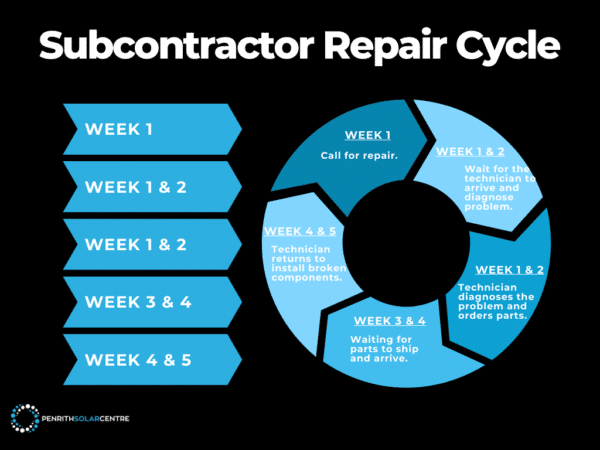
If you have a price point above $20,000, ask your solar installer about Home Warranty Insurance. If they don’t have it, you’re not protected from their potential mistakes.
If you’re interested in learning a bit more about we work with you on the day of your installation, you might want to check out the following article titled, What to Expect on the Day of Your Solar Installation.
Final Thoughts from Jake Warner, Director of Penrith Solar Centre

We’ve worked hard to make sure our customers and their property are protected through Home Warranty Insurance, but there are some instances when it isn’t necessary.
When you don’t need home warranty insurance:
Home Warranty Insurance Certificates are not always necessary for the installation of solar systems.
- You will not need Home Warranty Insurance if you are a solar installation company working for a builder. When your solar system is valued at more than $20,000 (including STC’s and GST) in this situation, the builder is responsible for the home warranty insurance certificate.
- If the work is valued at less than $20,000 (including STC’s and GST) a home warranty insurance policy is not needed.
- A home warranty insurance policy is also not needed for commercial properties. It’s for residential homes only.
- It is a state regulation, so it’s only required in New South Wales.
Home Building Compensation Cover: Wrapping Things Up
Now you know a bit more about what to ask about insurance coverage for your solar installation. It can be a significant problem for homeowners if your solar installer is creating two separate invoices to avoid paying for this line item. It’s a lack of care and protection for you and your home all in the name of spending slightly less on your goods and services.
At Penrith Solar Centre, we put your needs first. It’s a privilege to install your solar system, and we’re not going to take any chances. Ever.
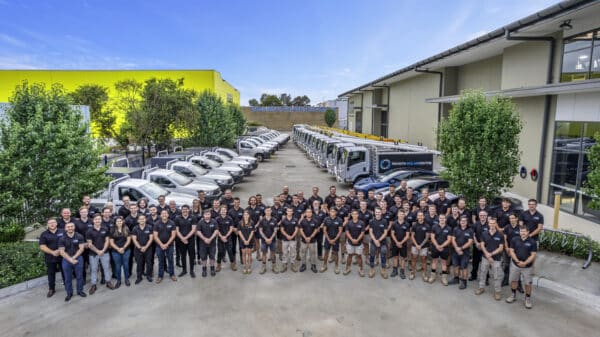
If you’re interested in learning a bit more about warranties for our goods and services, you might want to check out the following article titled, A Complete Guide to Solar Warranties.
